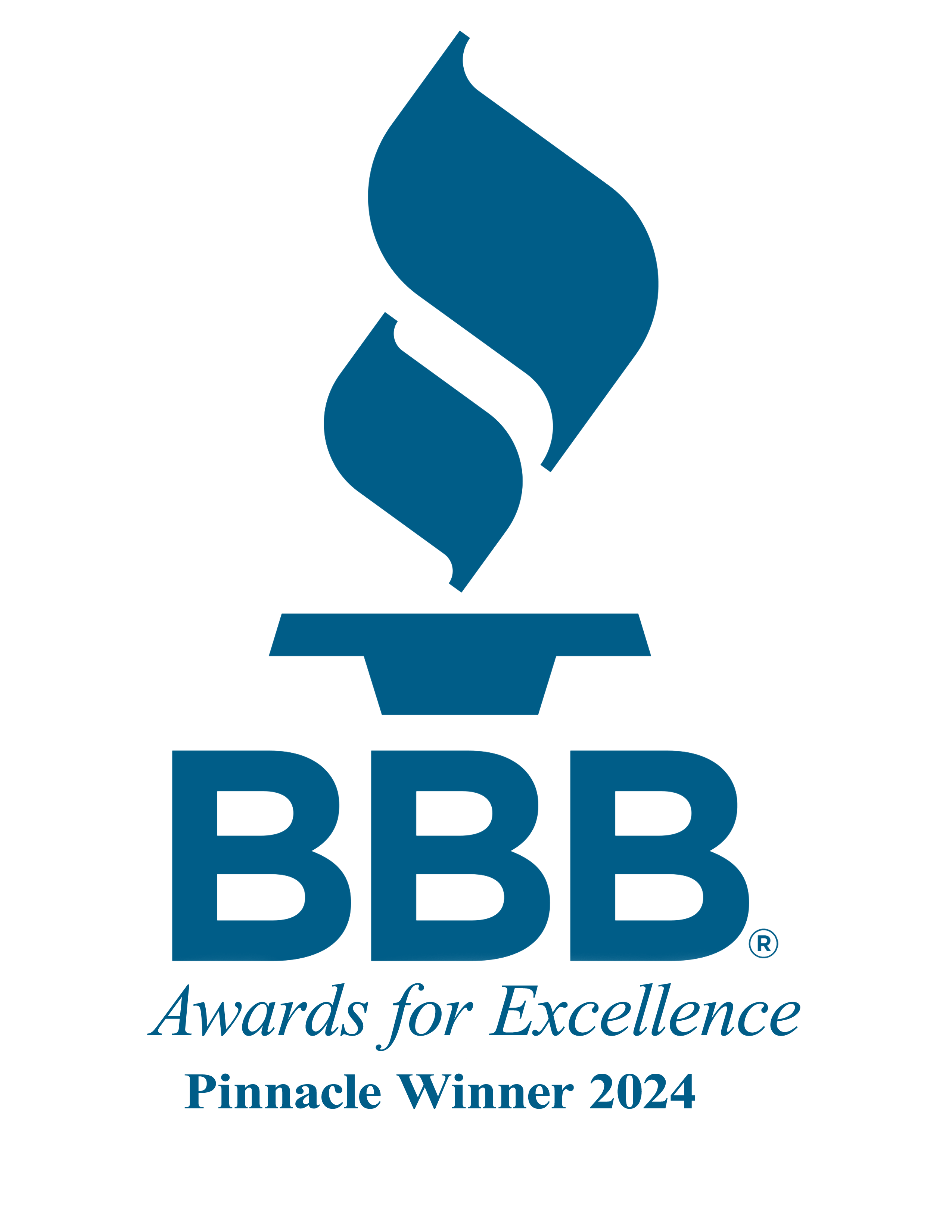10 Benefits of C Corporations
Selecting the right business structure is one of the most important decisions that entrepreneurs make when starting a new company. Although many small businesses begin as sole proprietorships or partnerships, some business owners incorporate to protect personal assets. Now that the 2018 federal tax reforms are in place, structuring your new business as a C Corporation appears to be the clear winner when it comes to the amount of taxes paid.
If you are establishing a business that sells products, operates from a store and has employees, structuring your company as a C Corporation could be for you. Here are 10 benefits under the new tax law.
1. Minimized Tax Burden
The new corporate tax rate of 21% is considerably less than the maximum 37% rate to which individual partners may be subject. If owners take salaries, the salary is not taxed at the corporate rate.
2. More Fiscal Year Flexibility
C Corp fiscal years do not have to coincide with calendar years. Thus, companies have more flexibility in when their fiscal year begins and ends and can determine when to take losses or pay taxes on bonuses. The ability to carry profits and losses forward and backward can further reduce the tax burden.
3. Deducting Salaries and Bonuses
Shareholders as well as owners can become salaried employees. As such, a C Corp can fully write off payroll taxes. If a business does not make distributions to its shareholders and only provides salaries, the move could result in further income tax savings. Shareholders of C Corps commonly choose to receive their income in this manner instead of receiving the money in dividends, which are subject to additional taxation. C Corps have the widest range of deductions allow by the IRS.
4. Medical Premiums and Other Benefits
Owners of C Corporations can receive health coverage virtually tax-free as premiums are full deductible. A C corporation may also set up medical reimbursement plans to pay for out-of-pocket medical costs of employees As long as the plan does not favor the owners, reimbursement are not taxable to employees, while they may be deducted by the corporation. Premiums for long-term care and disability insurance also qualify.
5. Amassing Funds for Expansion
Retaining profits for future expansion is an important consideration for many business owners. C Corporations allow you to easily shift funds and hold them for future expansion at a lower cost than S Corporations where profits appear on an owner’s income tax return even when they place those funds back into the company.
6. Lower Audit Potential
The audit potential for C Corporations is lower as there is no income or loss passthrough like other entity types. Generally, if there is an adjustment the owners of a C Corp will not be held personally liable for any additional taxes assess to the C Corporation due to an audit. If a tax assessment exceeds the value of a business, the owners may be able to abandon the bankrupt company and walk away from tax debt.
7. Easier to Attract Investors
C Corps have an easier time attracting investors because owning shares is considered preferable to owning LLC membership interests. This preference allows corporation to obtain capital through equity financing easier than an LLC. Venture capitalists also prefer to invest in C Corporations. Because of these pluses, it may also be easier for a C Corp to obtain bank financing, which can be especially important for capital-intensive businesses.
8. No Restrictions Placed on Shareholders
Unless the corporation’s governing documents say otherwise, there are no restrictions on who can own stock in a C Corporation. Shareholders can come from anywhere in the world and their numbers are unlimited, unlike S Corporations, which can only have 100 shareholders. C Corps can also have several different classes of shares.
9. Charitable Contributions
C Corps are the only corporate entity that can deduct charitable contributions to eligible charities as a business expense. These contributions cannot exceed 10 percent of taxable income in any given year but you may carry those deductions over the allowable amount for the ensuing five years.
10. Carrying Losses Over Multiple Years
As a C Corporation, you can take large capital and operation losses over several years and the IRS won’t scrutinize you. This consideration is particularly important for start-ups that may incur substantial losses in the first year, but may rebound quickly and want to carry these losses forward to future tax years.
Other advantages may also be available to you. Contact DRDA for more information on C Corporations and advice on which corporate structure is best for your needs.
- Published in ROBS 401(k)
How to Finance a Business with an SBA loan and Retirement Funds
Entrepreneurs seeking to finance a startup company often look to the Small Business Administration (SBA) for the funding they need to get their company up and running. One of the most beneficial ways to get the funds needed is to use a 401(k) financing, also called a Rollover on Business Startup (ROBS), in conjunction with an SBA loan. The ROBS process allows the borrower to leverage retirement funds without incurring any tax or penalties. SBA loans and ROBS have advantages as stand-alone instruments but when they work in conjunction with one another, they can provide even greater buying power and flexibility
Advantages of SBA Loans
The SBA generally does not make direct loans to entrepreneurs. Rather, it provides a guarantee to lenders for the money they loan to start the business. This guarantee protects lenders by promising to pay the loan if the business owner defaults. SBA loans are a popular form of financing because the interest rate is lower, typically 6% to 9% and offer longer repayment terms than other forms of financing. These loans do have qualification criteria starting with a required credit score of at least 680 along with a strong financial and industry experience history.
The SBA requires would-be business owners to have a minimum 10% down payment on all SBA loans, however, many lenders providing SBA loans may require a down payment of 20-30% of total startup coasts. For an average size loan, the down payment will be between $40,000 to $120,000.
How ROBS Helps to Secure an SBA Loan
ROBS allows entrepreneurs to use retirement funds to start or buy a business with money that has been invested in a 401(k), IRA or other qualified account as a down payment for an SBA loan without triggering any tax penalties. Using a ROBS account to fund your down payment also makes it easier to qualify for an SBA loan As long as you have at least $50,000 in a retirement account that can be rolled over in a ROBS account you may qualify for this type of funding.
When you combine a ROB account with an SBA loan, you’ll access capital from two different sources, thus reducing the amount needed from each. You’ll save money on interest and reduce your monthly payment. Securing a loan with ROBS can allow you to become debt-free sooner, putting you on the road to profitability.
Make ROBS Management Easy With Our BORSA Plan
Funding your business with a ROBS account requires several necessary steps, including the establishment of a “C” Corporation. Ongoing management is also necessary to ensure that you remain in compliance with all regulations (i.e. DOL, IRS, etc.). DRDA’s BORSA (Business Owner’s Retirement Savings Account), an exclusive ROBS plan that allows investors to access their 401(k) tax and penalty free will help set up your financing and perform the necessary ongoing work to make sure you remain in compliance with all ROBS requirements. Contact DRDA for more information and a consultation.
Contact us to learn more about BORSA (Business Owner’s Retirement Savings Account), our exclusive ROBS plan that allows investors to access their 401(k) tax and penalty free.
- Published in ROBS 401(k), ROBS 401k Provider, Starting a Business








